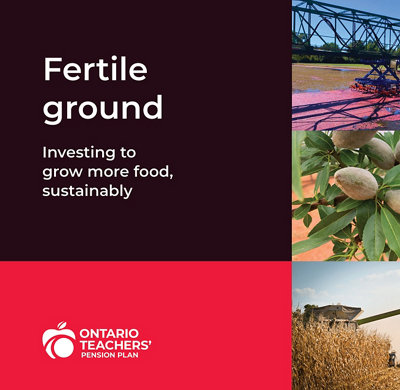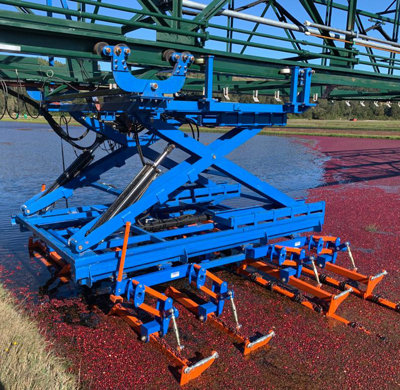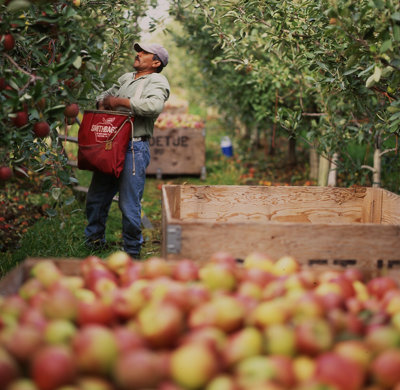
Benefiting from proximity to major irrigation system
Aggraria’s farms lie in Portugal’s Alqueva region—traditionally considered a good place to grow olive trees due to its hot, dry summers and mild wet winters. The benefits of that location grew after the nearby Alqueva dam was built two decades ago, creating Europe’s largest agricultural reservoir. Because all of Aggraria’s farms are connected to the Alqueva irrigation system, they are well positioned to weather one of the biggest challenges facing the olive industry, which is the risk of severe drought linked to climate change. The Alqueva system has the storage capacity to withstand at least three successive years of drought.






